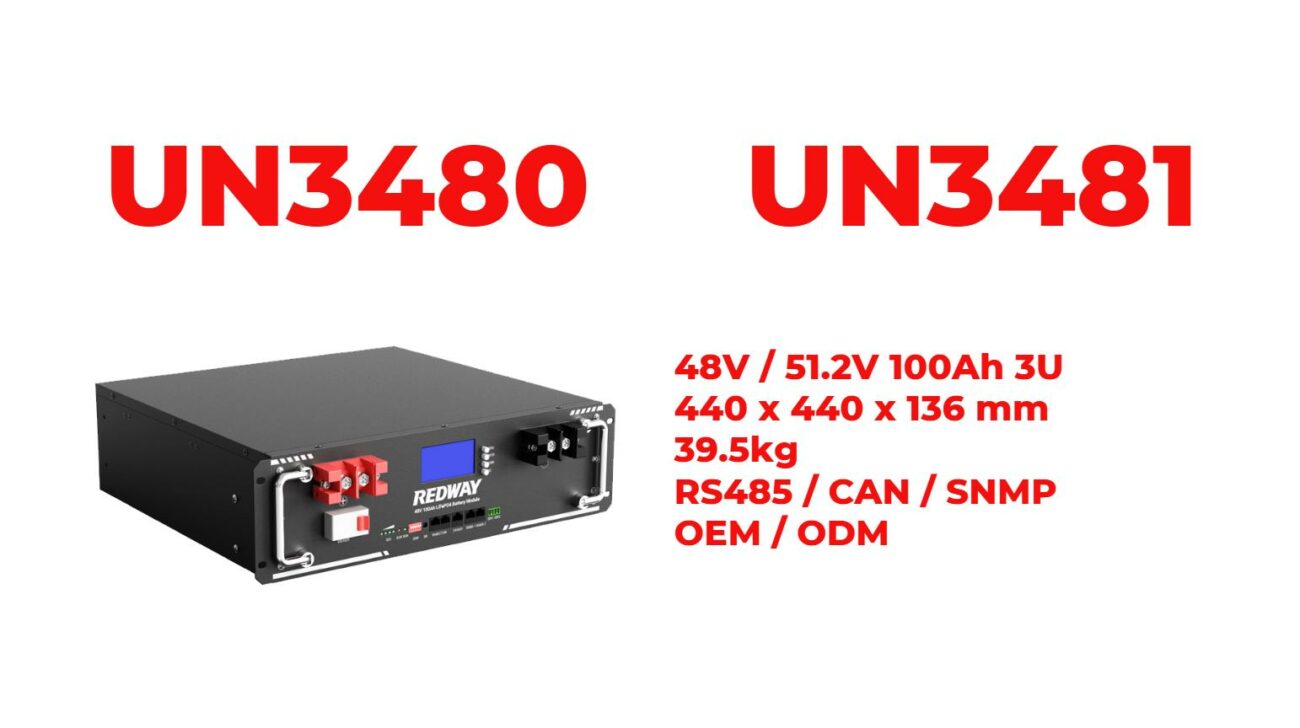Is a Higher mAh Better Than a Lower mAh?
A higher mAh (milliampere-hour) rating typically indicates that a battery can store more energy, leading to longer usage times between charges. However, while a higher capacity is often beneficial, it may not always be the best choice depending on the specific device and user needs. Understanding the implications of mAh ratings can help consumers make informed decisions.
What does a higher mAh rating indicate?
A higher mAh rating signifies that a battery can deliver more current over time. For example, a 5000mAh battery can provide 5000 milliamperes for one hour or 2500 milliamperes for two hours. This capacity directly affects how long devices can operate before needing to be recharged, making it an important specification for users who rely on their devices throughout the day.
| Battery Capacity | Current (A) | Duration (Hours) |
|---|---|---|
| 1000mAh | 1 | 1 |
| 3000mAh | 3 | 1 |
| 5000mAh | 5 | 1 |
Why is a higher mAh rating generally preferred?
Higher mAh ratings are generally preferred because they allow for extended usage without frequent recharging. This is particularly beneficial for heavy users of smartphones, tablets, and other portable devices. For instance, a power bank with 20,000mAh can charge an average smartphone multiple times, making it ideal for travel or long days away from power sources.
| Battery Type | Average Capacity | Typical Use Cases |
|---|---|---|
| Standard Smartphone | 3000 – 4000mAh | Daily use, moderate gaming |
| High-Capacity Power Bank | 10,000 – 20,000mAh | Traveling, charging multiple devices |
How do higher mAh batteries impact device usage?
Higher mAh batteries significantly enhance device usage by providing more energy storage. For example:
- A 3000mAh battery may last about 8 hours under moderate use.
- A 5000mAh battery could extend that to around 12 hours, depending on the device’s power consumption.
This increased capacity allows users to engage in activities such as gaming or streaming without worrying about running out of power quickly.
What are the advantages and disadvantages of higher mAh batteries?
While there are clear advantages to using batteries with higher mAh ratings, there are also some drawbacks:
Advantages:
- Longer Usage Times: More energy storage means less frequent charging.
- Support for Larger Devices: Higher capacity allows charging of tablets and laptops.
- Convenience: Ideal for users who need reliable performance throughout the day.
Disadvantages:
- Increased Size and Weight: Higher capacity batteries tend to be bulkier.
- Longer Charging Times: Larger batteries take more time to recharge fully.
- Higher Cost: Generally, batteries with greater capacity come at a premium price.
| Aspect | Higher Capacity Battery | Lower Capacity Battery |
|---|---|---|
| Size | Larger and heavier | More compact |
| Charging Time | Longer | Shorter |
| Cost | More expensive | Less expensive |
Is a higher mAh rating always better?
While a higher mAh rating often translates to longer battery life, it is not always better for every situation. Users should consider factors such as:
- Device Compatibility: Some devices may not support high-capacity batteries.
- Weight and Portability: Heavier batteries may not be ideal for portable devices.
- Charging Infrastructure: Longer charging times might not suit users needing quick recharges.
Ultimately, the best choice depends on individual needs and device specifications.
What should you consider when choosing battery capacities?
When selecting battery capacities, consider the following factors:
- Device Usage Patterns: Assess how frequently you use your device and for what purposes.
- Portability Needs: Determine if weight and size are critical factors for your usage.
- Charging Habits: Consider how often you have access to charging facilities.
- Cost vs. Benefit: Evaluate whether the benefits of increased capacity justify any additional costs.
By weighing these considerations, you can make an informed decision about which battery capacity best suits your lifestyle.
Industrial News
The demand for high-capacity batteries continues to rise as consumers seek longer-lasting power solutions for their electronic devices. Manufacturers are innovating in lithium-ion technology to improve energy density while maintaining compact designs. This trend aims to enhance user experience in mobile technology while addressing common concerns regarding battery life and performance in various applications.
Expert Views
“Choosing between battery capacities requires careful consideration of your specific needs,” says Dr. Emily Carter, an expert in energy storage technology. “While higher mAh ratings provide longer usage times, they may not always align with portability or cost preferences.”
FAQ Section
Is a higher mAh battery always better?
Not necessarily; while it offers longer usage times, factors like size, weight, and compatibility must also be considered.
How does mAh affect battery life?
A higher mAh indicates greater energy storage capacity, leading to longer usage between charges.
What are the downsides of using high-capacity batteries?
They can be larger, heavier, take longer to charge, and typically cost more than lower-capacity options.
Can I use a high-mAh battery in my device?
You should check your device’s specifications to ensure compatibility with higher-capacity batteries.
How do I determine what battery capacity I need?
Consider your device’s power requirements, how often you use it, and how portable you need it to be.

